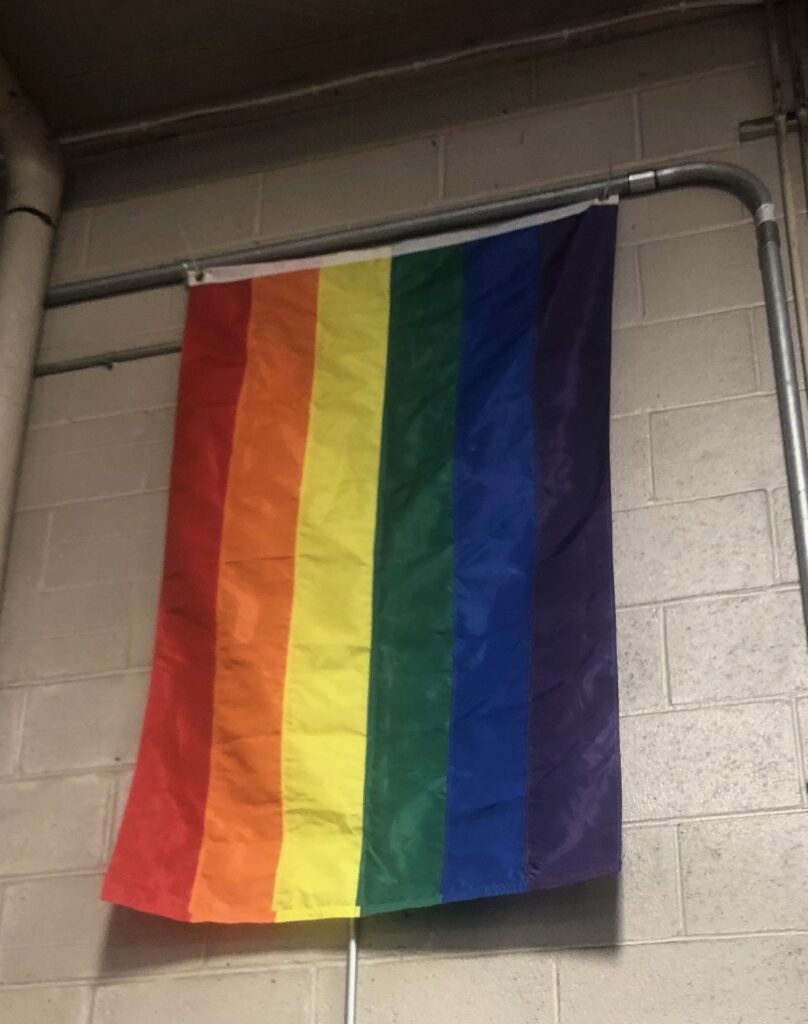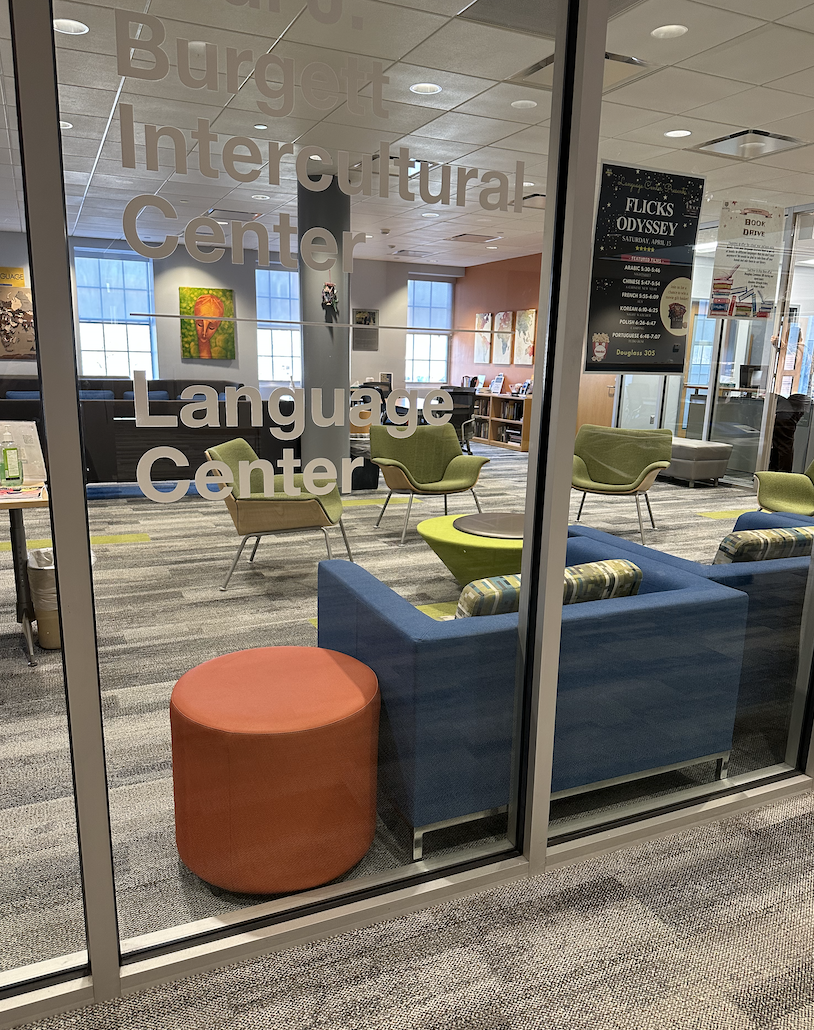The University of Rochester recently received a 5/5 star rating from the Campus Pride Index for LGBTQ inclusivity, recognizing the University’s commitment to making the community safe and accepting in areas including academics, housing, counseling, health, and more.
Read more about Rochester’s five-star rating!
Campus Pride Index describes itself as “the premier LGBTQ national benchmarking tool for colleges and Universities to create safer, more inclusive campus communities.”
One might ask, how much does this rating truly reflect inclusivity at Rochester? I interviewed Col Raimond, the University’s Director of LGBTQ life, to learn more.
Can you tell me more about your role as the Director of LGBTQ life here at Rochester?
Col works in the intercultural center and has a range of responsibilities. They meet with students who want to talk about anything LGBTQ-related, as well as friends of LGBTQ students who are interested in learning more ways to be supportive. They receive feedback from students if there is a gap in services. For example, students recently came to them to discuss gaps in gender-affirming care through student health insurance.
Col aims to create better systems and structures based on needs and feedback from students and colleagues, discussing what needs to be improved in the short term and in the long term, what barriers exist, and who else needs to be involved to help make all policies inclusive.
Col also helps to put on programs and events, including LGBTQ leadership lectures, Rainbow Graduation, the LGBTQ meet and greet for first year students, spring social, and other events, such as “BICture this,” a queer art making event.
They also provide workshops and training for inclusivity, such as privilege and implicit bias workshops and safe zone training. In addition, they host discussion groups such as Queer Students of Color and TINT (trans, interssex, nonbinary, two spirit). The workshops are separate from Student Association (SA) groups. This distinction is important, because SA funded groups are required to be open to all students, but these discussion groups can be closed and confidential.
Following the recent rating on the Campus Pride Index, what do you think is the biggest factor distinguishing Rochester from other colleges?
According to Col, the most impressive thing about LGBTQ student support at the University of Rochester is that whenever anyone is approached about creating a more inclusive space, there is never a barrier of someone saying “no.” All the way up to the president of the university, they have never had anyone in leadership administrative positions refuse to support a project, or deny connecting someone to important resources.
As Col explains, the rating “isn’t me,” it is people who work here and want to do better for their students. In other words, “culture is not just at surface level,” rather, it includes a range of people and systems.
This breadth of support leads to key structural changes. For example, students can easily input a non-legal name into UR Student, and have it appear in places like Blackboard and their student ID, without the barrier of having to call the registrar. Students of gender minorities also have added support choosing housing, to insure they are comfortable with the roommate they are assigned. As Col explains, the culture of inclusivity is structural, as there are people in positions of power who understand the community.

What are the next steps/tasks for making this school more inclusive?
Col believes that “policies outlive the person in the current role.” The next project on the horizon is reforming the university-wide all gender restroom policy. This includes implementing rules about where these restrooms will be when building and renovating, with the goal of ensuring that no student is ever more than a floor away from a bathroom they can use. Ensuring that everyone can access a restroom in a reasonable way is one example of policy designed to outlive Col’s role and make a lasting change on the University.
What advice do you have for newly admitted LGBTQ students starting college, especially students who may have not had much of a chance to explore and express their identities in their home environment?
For first-years, Col recommends taking advantage of what is available, such as meet and greets and socials. Some students are afraid to come to these events because they believe that everyone else has already “figured it out,” but that is not the case, as many students have not had that experience. Meeting other people can help one feel as though they are truly a member of the community.
Col also recommends taking classes such as psychology of gender and LGBTQ history, where one can think of these concepts in an intellectual way. This can be key in finding words and experiences to match how you are feeling.
Current and prospective students and parents are welcome to reach out to Col with any questions and concerns regarding LGBTQ life here at Rochester:
Email: col.raimond@rochester.edu

